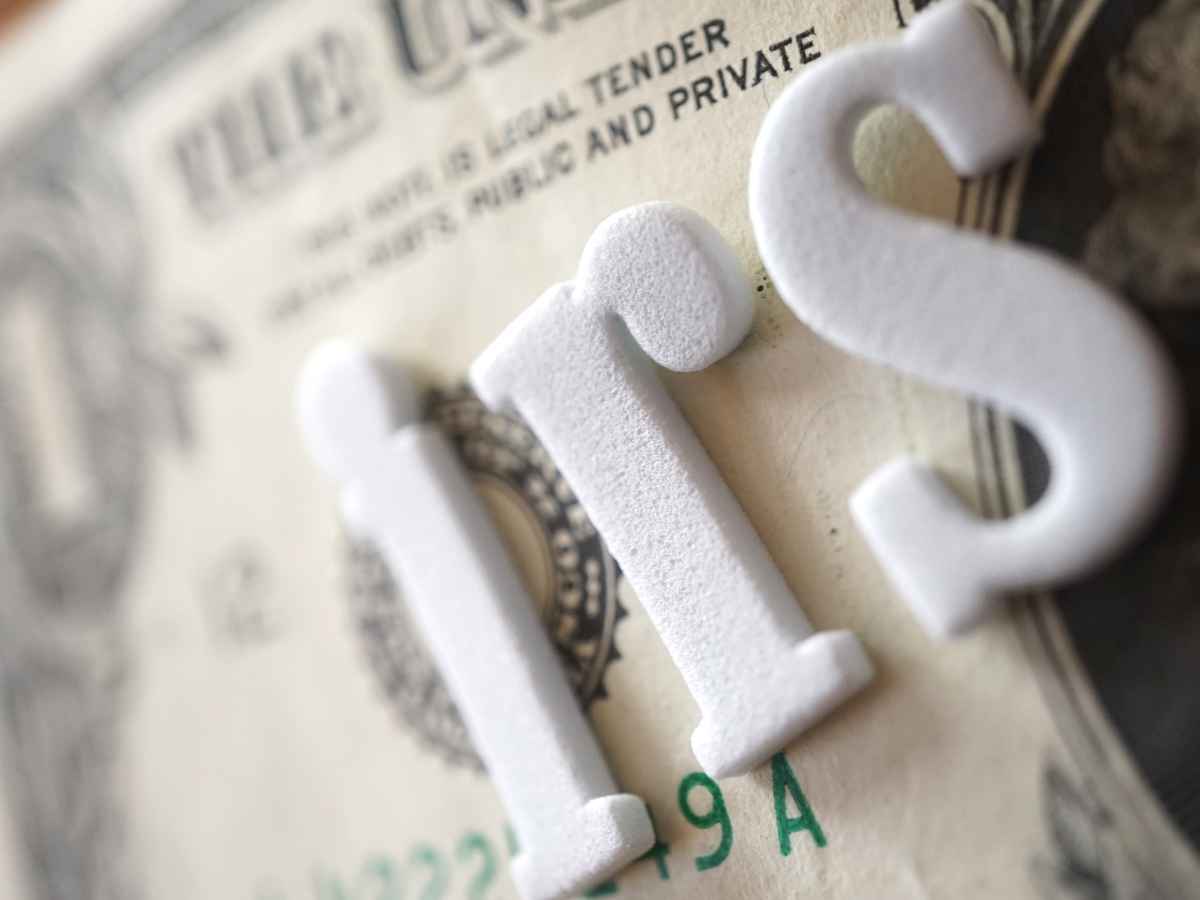If you have unpaid taxes, the government is urging you to take immediate steps.
The latest warning from the Internal Revenue Service (IRS) could leave many indebted taxpayers facing serious financial trouble. According to official guidelines, if you ignore the agency’s collection notices and fail to respond to a final bill titled “Final Notice of Intent to Levy and Your Right to a Hearing,” the IRS may legally seize your assets, including bank accounts, wages, and even real estate.
In essence, the law allows the IRS to claim any personal or business property to cover tax debts, as outlined in the Internal Revenue Code (IRC). But who is at risk, and how can it be avoided?
Why the IRS emphasizes immediate response when taxpayers receive collection notices from the government
The IRS warns that when individuals or businesses fall behind on taxes and overlook initial notices, the situation escalates quickly. After sending multiple reminders, the agency issues a final warning, giving at least 30 days’ notice before enforcing any levy. Ignoring that timeframe could lead to drastic measures, such as confiscating funds from your checking or savings account.
Would you risk ignoring an official notice from the IRS? Acting fast can mean the difference between keeping control of your assets and facing a financial crisis.
The exact conditions that allow the IRS to proceed with property and asset seizures
Before a seizure can happen, these four conditions must be met:
- Debt determination: The IRS calculates the amount owed and sends a formal bill.
- Failure to pay or respond: The taxpayer neither settles the debt nor arranges a payment plan.
- Final notice of intent to levy: The agency gives a final warning and at least 30 days for a hearing request.
- Third-party contact notice: Banks, employers, or other financial institutions may be notified of the impending levy.
Once these steps are completed, the IRS can legally seize your property to settle the outstanding amount.
Four steps individuals should take to avoid serious IRS penalties this year
To steer clear of property seizures, consider the following actions:
- Pay in full: Cover the amount owed immediately if possible.
- Set up a payment plan: Contact the IRS to negotiate a manageable installment agreement.
- Request a hearing: Exercise your right to challenge the levy if you believe it is unwarranted.
- Seek professional advice: A tax specialist can guide you through options to reduce or eliminate penalties.
Below is a brief table outlining potential assets the IRS can seize:
| Type of Property | Examples or Observations |
|---|---|
| Bank accounts | Checking, savings, and other financial deposits |
| Wages and salaries | Regular paychecks, commissions, and bonuses |
| Real estate | Homes, land, and commercial properties |
| Vehicles and valuables | Cars, boats, jewelry, and collectible items |
The IRS holds significant power to enforce tax collection, but you can protect your earnings, home, and assets by addressing tax issues promptly. Paying off your debt, establishing a payment plan, or requesting a hearing are crucial steps to avoid life-altering financial repercussions.

